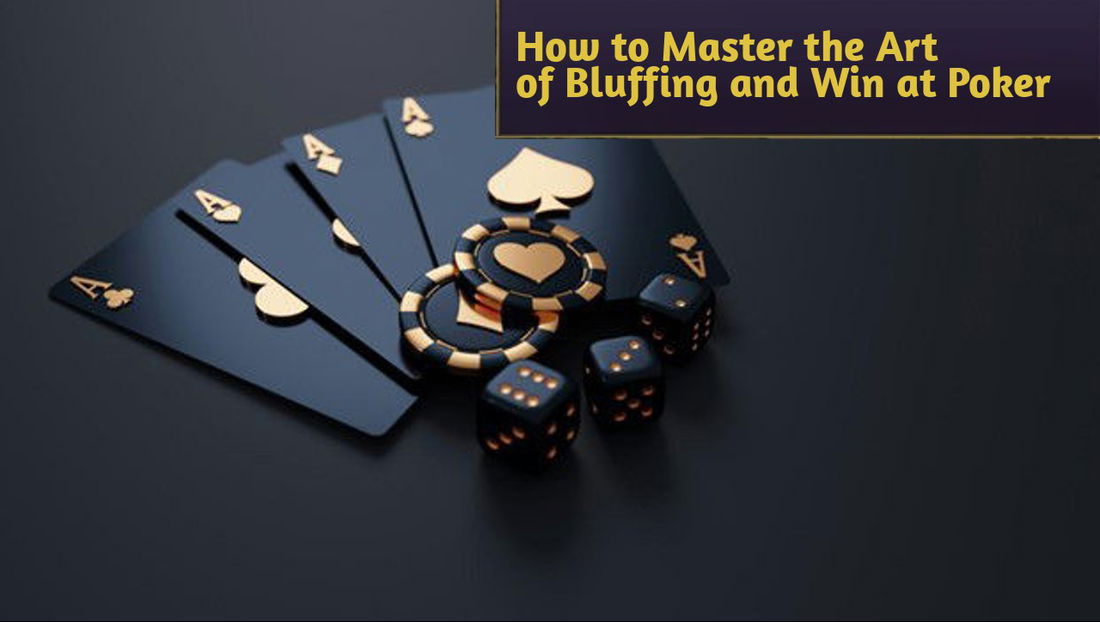Several games came to epitomize the casino experience, making their way into every gambling hall worth its salt, from Macau to Las Vegas and Monaco.
Gambling is documented in countless locations across time and space, from ancient Egypt to feudal Japan and pre-Hispanic Mexico to Elizabethan Britain. The ancient Romans loved a good bet at the Coliseum, while games of chance like dominoes and dice were already in favor among Chinese crowds 3,000 years ago. Even civilizations mostly sheltered from outside influence developed unique gambling traditions, sometimes ritualized through sports.
Blackjack
While the earliest recorded blackjack game went down in Britain during the 1770s, a similar card game is mentioned in a 17th-century book by Spanish novelist Miguel de Cervantes, quite the prolific gambler himself. Some historians suggest the game may have been a Roman invention. Others claim that modern-day blackjack could have evolved from the ancient French card game Bassette, explaining the game’s early name of vingt-et-un – French for twenty-one.
Whatever the truth might be, blackjack has long become the most popular casino banking game worldwide. Played with a standard 52-card deck, this strategic game is all about statistics and mathematics, even though its straightforward rules make it easy for untrained players to pick up the pace. Part of the game’s popularity derives from its iconized representation on the big screen. From Austin Powers to Rain Man, some of the best gambling movies to date feature memorable blackjack sequences.
Poker
Historians trace the origins of poker to the United States in the 1800s, where it evolved from the French game Poque, brought to Louisiana by French sailors and merchants. The Persian game As-Nas could also be one early inspiration for this casino classic, although several historians have quashed this claim. Poker was first popularized in the American South during the 19th century, with casino steamboats cruising the Mississippi River boosting its popularity beyond New Orleans.
As it reached the West during the gold rush, this high-stakes game of bluffing spread in saloons scattered across prairie towns and mining camps. To this day, poker is closely associated with the frontier spirit, as depicted in video games like Red Dead Redemption. Several variants emerged in the following centuries, such as the seven-card stud growing in popularity on account of televised tournaments like the World Series of Poker.
Machine slots
Then known as one-armed bandits, machine slots were a staple of every American saloon and barber shop of the 19th century. The first device embedded with an automatic payment system was created by San Francisco mechanic Charles Fey in the late 1890s. The gambling ban then enforced in California prevented him from patenting his groundbreaking Liberty Bell Slot Machine, whose legacy still stood the test of time. Over the years, Fey’s patterns were replaced by ever-so-patriotic symbols, while gaming machines were converted into gum dispensers as technology advanced.
At the turn of the 21st century, slots experienced another revival as software developers rolled out options with video animation and innovative 3D reels. On top websites, players can claim free spins to discover a range of slots for all preferences. From mythology to the Old West, slots cover a wide array of themes. Some providers even pay homage to Fey’s innovation through retro-themed games. With free spins, first-time players can explore a platform’s catalog with no financial risk.
Roulette
The original roulette wheel was the work of French mathematician and physicist Blaise Pascal – best known today for his philosophy career. Being a devout Catholic, Pascal did not want to create a game of luck but to develop a perpetual motion machine. A century later, this spinning wheel started being used for very different purposes, captivating the European aristocracy.
A primitive form of roulette is attested in 18th-century England, while traces of the Italian game of Biribi can be found in the modern roulette mechanism. In its present form, this casino classic has been played since the late 1790s. By 1842, the Blanc brothers introduced a revolutionary variant with a single-zero wheel, which gained global traction. Making its way up the Mississippi, the game’s westward expansion led to the creation of the American version of roulette, whose double zero wheel reigns supreme in the U.S., South America, and the Caribbeans.










— Comentarios 0
, Reacciones 1
Se el primero en comentar